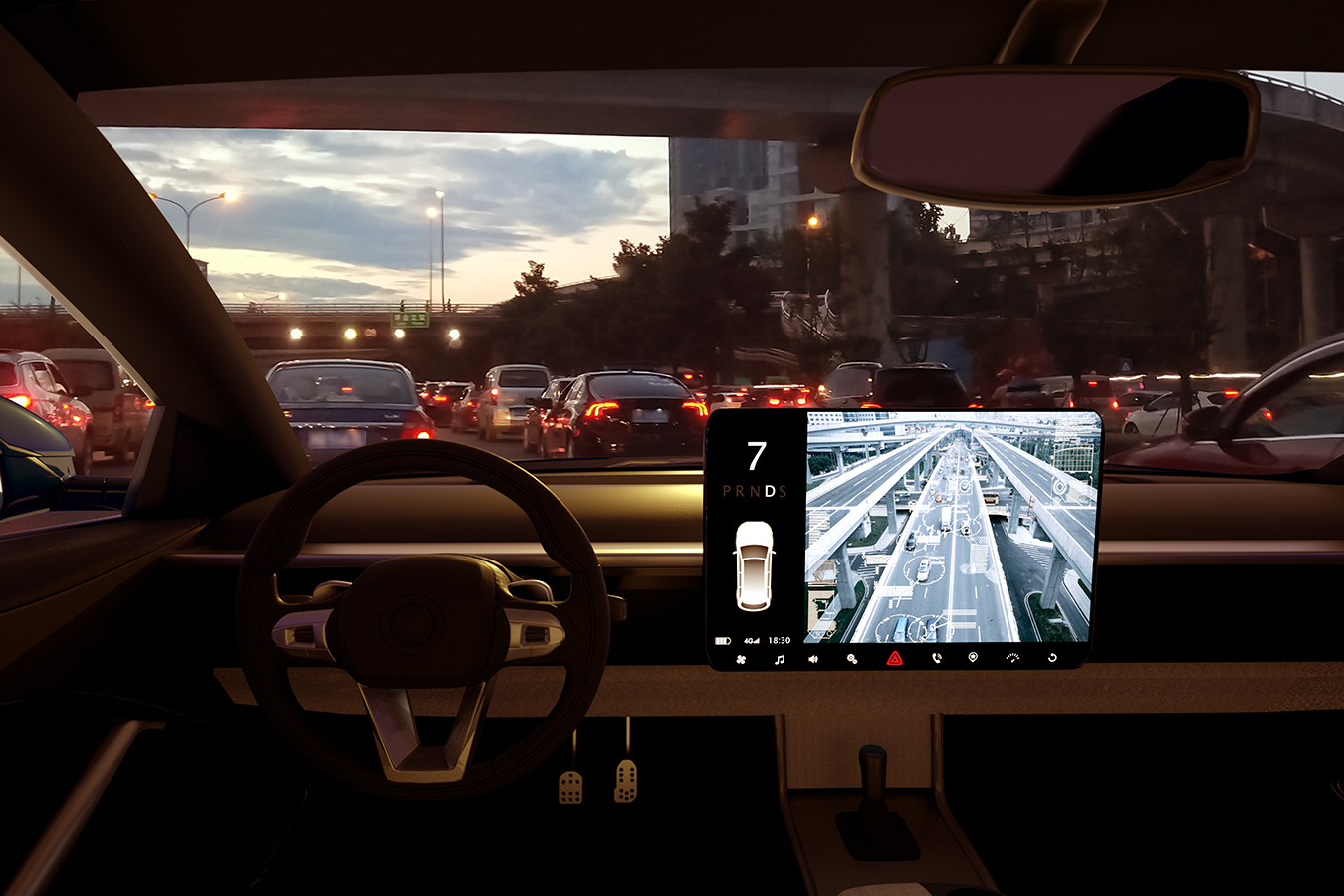The 2010s will be remembered for many things in tech: voice assistants that can play music from speakers, smart light bulbs, wristwatches that can monitor our health and fitness, electric cars, sophisticated smartphones, taxi and food delivery apps, the rise of video streaming and the ever-increasing power of social media.
So what will happen in 2020? From foldable phones to space tourism, here are our predictions for the next big technology trends.
Green Innovations
The end of the decade was marked by urgent conversations around climate change. With Extinction Rebellion protests in London and the devastating fires in Australia, recent events have moved the issue up the agenda for tech consumers and companies alike. In 2020, there will be a growing demand for apps and services that drive and monitor green habits, such as reducing our waste or carbon footprints. Meanwhile, more people will become increasingly tuned in to the environmental impact of making new phones and just throwing old ones away. Tech companies will feel the pressure to make their manufacturing processes greener and their devices repairable, and climate-conscious consumers may keep the phone they have – or even buy a slightly used one.
Smart Homes
The 2010s saw the introduction of smart home products, with virtual voice assistants like Alexa, Google Assistant, and Siri. But so far, most people just use these devices for basic tasks such as setting a timer, writing a shopping list, or checking the weather report. The evolution of smart homes in the 2020s will see internet-connected appliances all working together, and with less human interaction required. Last December, Amazon, Apple, and Google took a big step in this direction when they announced they were going to work together to make their smart home products compatible with one another. In other words, when you buy an internet-connected light bulb that works with Alexa, it should also work with Siri and Google Assistant. The end result will be seamless home automation.
Wearable Tech
Not only will we see more smart technology in our homes, but we’ll be wearing it too. For a long time, Apple has dominated wearables with Apple Watch — a smartwatch with a focus on health monitoring — and AirPods, wireless earbuds that can be controlled with Siri. Its augmented reality glasses have been a source of speculation for years, and may finally be launching in the early 2020s. Thought to be an accessory to the iPhone, the glasses would display things like texts, emails, maps and games over the user’s field of vision. In the meantime, other tech giants have jumped into the market, including Xiaomi, Samsung, and Huawei. Google also recently acquired Fitbit, showing they intend to muscle in on the trend. Overall, it looks like more health sensors are coming to consumer products, along with apps and software to help you read them. Some ideas include blood-pressure-sensing earbuds, devices to monitor stress levels from your skin, and smart glasses to help people with dyslexia.
Cars for the Future
Fully autonomous cars aren’t quite ready to hit our roads unsupervised yet, but manufacturers are getting closer to the goal they have been promising for years. Russian tech giant Yandex recently took a reworked Toyota Prius on a driver-less tour of Las Vegas as part of the CES technology exhibition, albeit with an ‘engineer’ in the passenger seat ‘just in case.’ Google parent company Alphabet, is now rolling out a program that dispatches completely driver-less taxi cars to ride-hailers near its testing hub in the suburbs of Phoenix, Arizona. Even if we’re still a while away from driver-less cars going mainstream, electric cars are very much here and set to stay. In 2020, almost every large car manufacturer will enter the market with larger electric cars built for longer distances, meaning they will no longer be confined to cities.
Foldable Phones
Folding phones and laptops have been talked about for a while, but early models were beset by problems. Samsung Galaxy Fold had a turbulent launch when several reviewers broke the screens and the company had to make some rapid improvements before it went on sale months late in September. Motorola had a more successful launch of its new Razr, although some reviewers complained about the price. Yet this doesn’t seem to have put manufacturers off, and a number of foldable devices are set to launch in 2020 including Lenovo’s ThinkPad X1 Fold, the first foldable Windows tablet. Samsung is also expected to launch a new folding phone, the Samsung Galaxy Z Flip. The next step will be to add folded screens to other devices: speakers, watch straps, even fridges with wraparound displays.
Super-fast Mobile
Technically 5G has been around for a while: some networks already offer it in denser urban areas around the world, and a number of smartphone networks pushed out 5G phones in 2019. However, all the flagship devices from Apple, Samsung, Google continue to be 4G. That is set to change in 2020 when we’ll see 5G gain true momentum. Mobile networks will roll-out with this faster technology across the country, while new mobile phones like the upcoming Pixel 5, iPhone 12 and Samsung Galaxy S11 will all support the faster speed.
Space Travel
2020 should also be a pivotal year for space travel. Since Nasa retired the Space Shuttle in 2011, the USA has relied on Russian spacecraft to transport astronauts to the International Space Station. But that could all change in 2020 when two US-built spacecraft may start carrying crew. Boeing’s CST-100 Starliner, which can take up to seven astronauts into orbit, had a slightly rocky test flight at the end of last year, but its first manned flight is still due in 2020. Meanwhile, the SpaceX Dragon capsule will go through some final tests early this year and, if all goes well, it would be ready for a manned mission. If you’re not an astronaut but want to take off into space, this could be your year too. Blue Origin, owned by Amazon’s Jeff Bezos, could be ready to take tourists on its New Shepard suborbital rocket. While Richard Branson’s Virgin Galactic may also be ready to take passengers into space this year.
Perhaps not all of these innovations will make it to market this year, but we hope to see them sometime in the coming decade. No doubt there are other exciting items that we haven’t even thought of yet. What do you think will be the next big thing in tech? Add your comments below…
Matilda is Marketing Manager in the International Team, bringing Zazzle to customers everywhere from Sydney to Stockholm.





Good article. I think you are spot on about consumers looking for alternative green options in just about everything we do. Unfortunately, companies like Apple and Samsung have the mindset of bigger, better, faster and at no expense. While new 5G will greatly impact speed on devices the consumerism driven companies will spend millions of dollars trying to convince the masses to give up their old phones to be up to date. Millions of consumers will be tempted not to be green and purchase yet another phone for the faster service. If consumers are going to make a true ecological impact you’ll either have to be educated how to recycle their old cell phones or hold off buying a new phone for years.
According to a June 18th, 2018 article entitled” Here’s What Happens When You Recycle Your Old Cell Phone” at GlobalCitizen.org, “In the US, 416,000 cellphones enter landfills or incinerators EVERY DAY, where they release toxins into the air, water, and soil.” I would encourage anyone who wishes to make green choices to read this article.